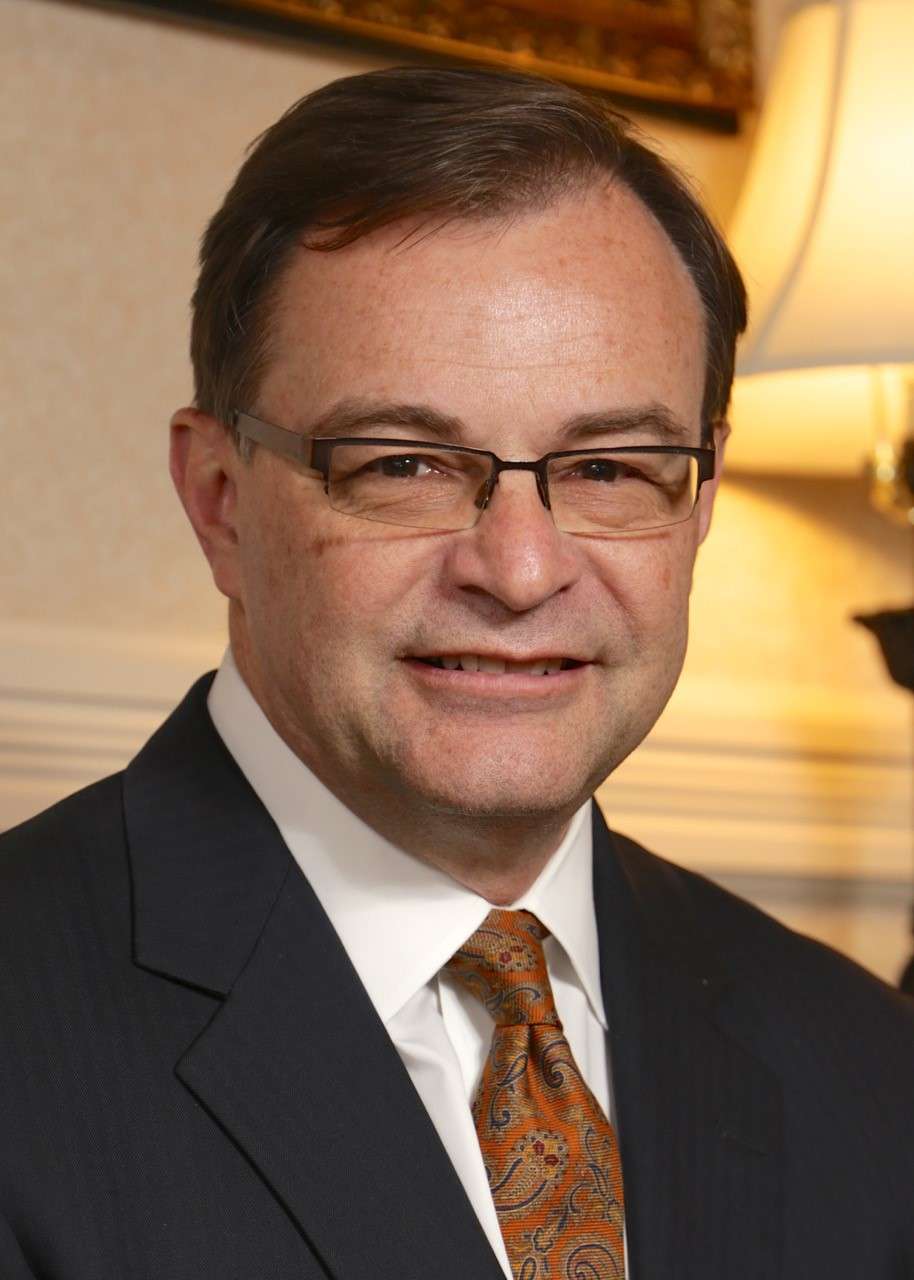
By NICK GOSNELL
Hutch Post
HUTCHINSON, Kan. — A limited-government advocate says the Truth in Taxation law in Kansas is working.
"For years, people had complained loudly about being told by local officials that they were holding the line on property tax, only to get larger and larger tax bills," said Dave Trabert with the Kansas Policy Institute. "What this legislation does is reduce mill rates. Each year, when new valuations come in, the mill levy is automatically reduced, so that those valuations deliver the same dollar amount of property tax to the city or county. Then, if they want to take in more money, they have to tell taxpayers what they want to do and hold a public hearing and then vote on it."
Trabert pushes back against the idea that Truth in Taxation may lose some of its rhetorical force because governments can blame inflation for tax increases, since the law is about actual dollars.
"We will go in and work with any city or county or school district that says they have no choice," Trabert said. "We'll help them find the choice. Sure, there will be people who will hide behind inflation and say, we had no choice, but what they are saying is, look, citizens, you have inflation and we want to make it worse with a tax increase, because government always likes to have citizens adjust their budgets so the government officials don't have to do that."
The school finance law mandates 20 mills per district in their general fund, no matter, so a lot of districts believe they have to raise the overall budget to comply with that statute.
"That's only part of what schools take in," Trabert said. "They could still offset that increase in the 20 mills by reducing what they collect in local option budget, by reducing what they collect in capital outlay. Again, they have the options. In fact, most school districts have a lot of money sitting in the bank from aid they got the prior years and didn't spend."
The issue there is that general fund dollars are allowed to be spent on certain items and LOB can be spent on a different set of certain items and capital outlay can be spent on a third set of items, so even if you can make cuts in those other areas, it's tough for that to be sustainable. Nevertheless, more than half (52%) of governmental entities in Kansas were able to hold the line on actual dollars in the first year of the program.
A limited-government advocate says the Truth in Taxation law in Kansas is working.
"For years, people had complained loudly about being told by local officials that they were holding the line on property tax, only to get larger and larger tax bills," said Dave Trabert with the Kansas Policy Institute. "What this legislation does is reduce mill rates. Each year, when new valuations come in, the mill levy is automatically reduced, so that those valuations deliver the same dollar amount of property tax to the city or county. Then, if they want to take in more money, they have to tell taxpayers what they want to do and hold a public hearing and then vote on it."
Trabert pushes back against the idea that Truth in Taxation may lose some of its rhetorical force because governments can blame inflation for tax increases, since the law is about actual dollars.
"We will go in and work with any city or county or school district that says they have no choice," Trabert said. "We'll help them find the choice. Sure, there will be people who will hide behind inflation and say, we had no choice, but what they are saying is, look, citizens, you have inflation and we want to make it worse with a tax increase, because government always likes to have citizens adjust their budgets so the government officials don't have to do that."
The school finance law mandates 20 mills per district in their general fund, no matter, so a lot of districts believe they have to raise the overall budget to comply with that statute.
"That's only part of what schools take in," Trabert said. "They could still offset that increase in the 20 mills by reducing what they collect in local option budget, by reducing what they collect in capital outlay. Again, they have the options. In fact, most school districts have a lot of money sitting in the bank from aid they got the prior years and didn't spend."
The issue there is that general fund dollars are allowed to be spent on certain items and LOB can be spent on a different set of certain items and capital outlay can be spent on a third set of items, so even if you can make cuts in those other areas, it's tough for that to be sustainable. Nevertheless, more than half (52%) of governmental entities in Kansas were able to hold the line on actual dollars in the first year of the program. The results are available at KansasOpenGov.org.





